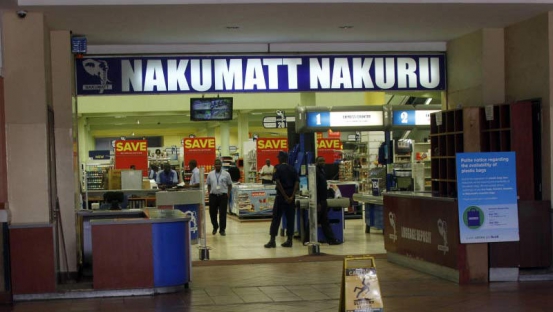×
The Standard e-Paper
Stay Informed, Even Offline

When suppliers put a foot down and turned Nakumatt and Uchumi supermarkets’ shelves empty, they were rightfully agitating for a monumental Sh40 billion debt.
But as the two retailers struggle and fizzle out, suppliers may be at the receiving end of the collapse, with irredeemable stock of debt and collapse of the sole avenue to sell their products.